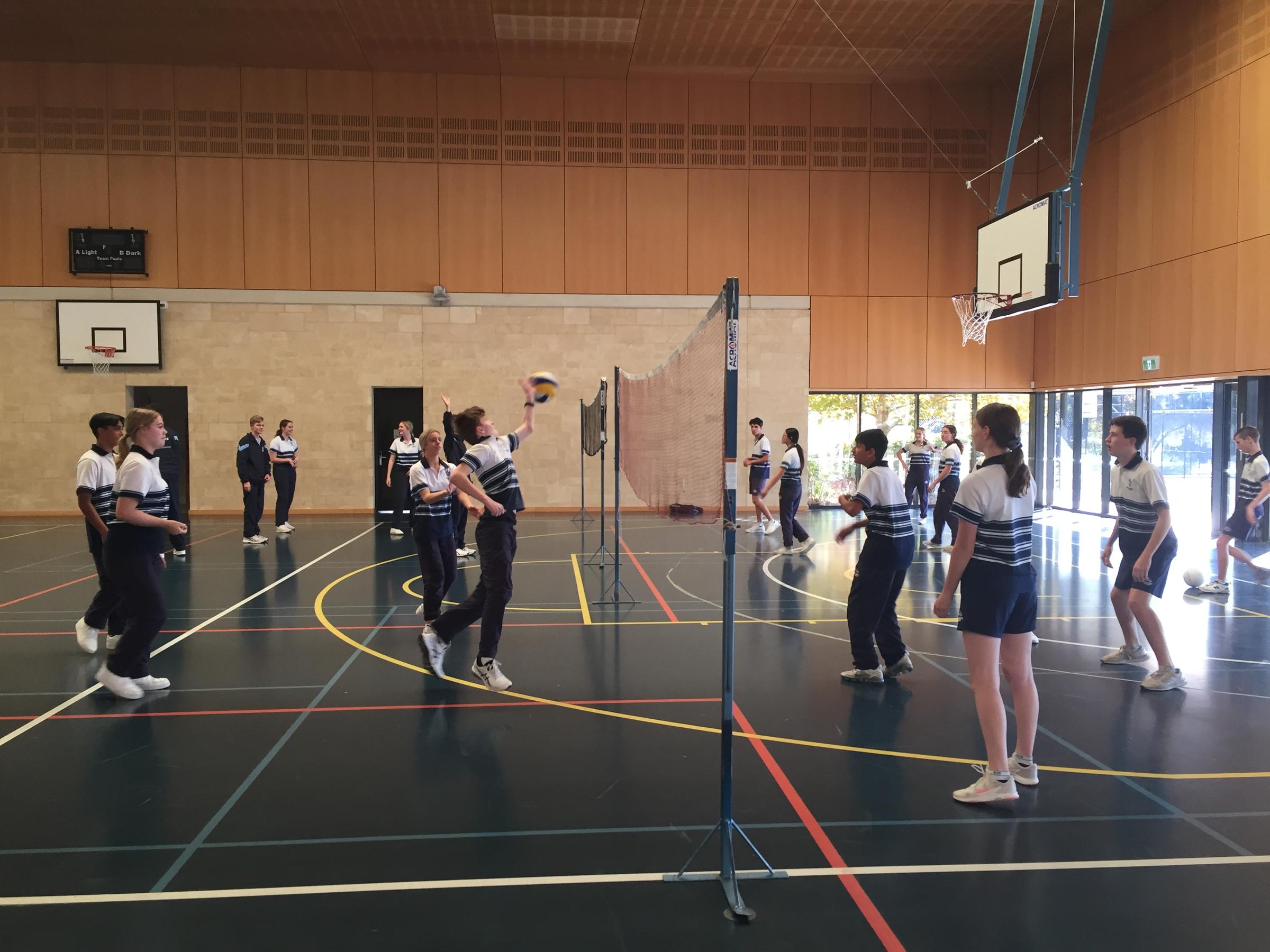YEAR 10 COMPULSORY SUBJECTS

HEALTH AND PHYSICAL EDUCATION LEARNING AREA
HEALTH EDUCATION
In Health Education students develop the knowledge, understanding and skills to make decisions and take action to strengthen their sense of personal identity and autonomy, build resilience, manage risk and develop satisfying, respectful relationships. Through Health Education students learn how to enhance their health, safety and wellbeing and to contribute to building healthy, safe and active communities. It provides opportunities for students how to develop skills, self-efficacy and dispositions to advocate for and positively influence their own and others' health and wellbeing. The Year 10 Health Education program is underpinned by the principles of harm minimisation. The program aims to equip students with applicable, meaningful and interesting information, knowledge and skills in order to reduce harm to themselves, others and the community.
PHYSICAL EDUCATION
Physical Education at the College provides an opportunity for students to achieve a sense of belonging and confidence, giving them ownership and accountability over their levels of Physical Activity, and achieving lifelong skills. Students participate in this subject for two periods (55 minutes) per week. Students will have the opportunity to acquire and develop skills in a variety of units, which may vary from term to term. These include but are not limited to a selection of the following units; Basketball, Netball, AFL, Soccer, Hockey, Softball, Athletics, Badminton, Athletics, Volleyball, Tennis, European Handball, and new options such as ‘Fit for Life’, which allows students to learn varied methods of training, different workout options such as resistance training, cardiovascular training, intervals, and develop an understanding of why physical activity is so important, without competitive sport being the focus.
Opportunities are provided for students to refine and consolidate skills and strategies for effective leadership and teamwork, and consistently apply ethical behaviour across a range of movement contexts. The Health and Physical Education curriculum provides opportunities for students to develop, enhance and exhibit attitudes and values that promote a healthy lifestyle. They explore ways to evaluate their own and others’ performances through analysis of skills and movement patterns using basic biomechanical concepts.
When All Saints’ College students complete their time at the College, we want them to enter the community with values for a healthy and active lifestyle and a lifestyle that values wellness and wellbeing.
LIFE SKILLS
All students in Year 10 study Life Skills for one period per week. This is a course designed specifically for our students’ particular needs and provides an opportunity for discussion without the pressure of assessment. Issues relating to the students’ lives and development are overtly explored, providing another dimension to their holistic education.
Students will be guided in various career opportunities and introduced to pathways, WACE requirements and other facets leading them to the world of employment and tertiary study. Various interpersonal skills are examined, with a focus on values and developing successful relationships. Concepts of inclusion, diversity, gender and stereotyping will be explored within the broader focus of relationships. Communication skills will be analysed to identify the effects of perception and empathy on understanding others. As the students move towards greater leadership opportunities in the senior years at the College they work through specific team and leadership skills. Lessons will be largely discussion and activity based, providing the students with experiential learning using a range of contemporary media.
RELIGION AND PHILOSOPHY
All students in Year 10 study Religion and Philosophy for one period per week. Each lesson has a period of time dedicated to 'Stillness and Silence' which allows the students to experience and develop relaxation and mindfulness skills. Students will examine skills in critical thinking and applying this to contemporary moral issues. The topics and concepts we will be covering include fairness, human rights, abortion, capital punishment, euthanasia, legal drinking age and asylum seekers. Students are equipped to develop reasoned responses and reflect on their arguments for validity and consistency. They will also be reflecting on typical responses to some of these ethical questions from the perspectives of the six major world religions.